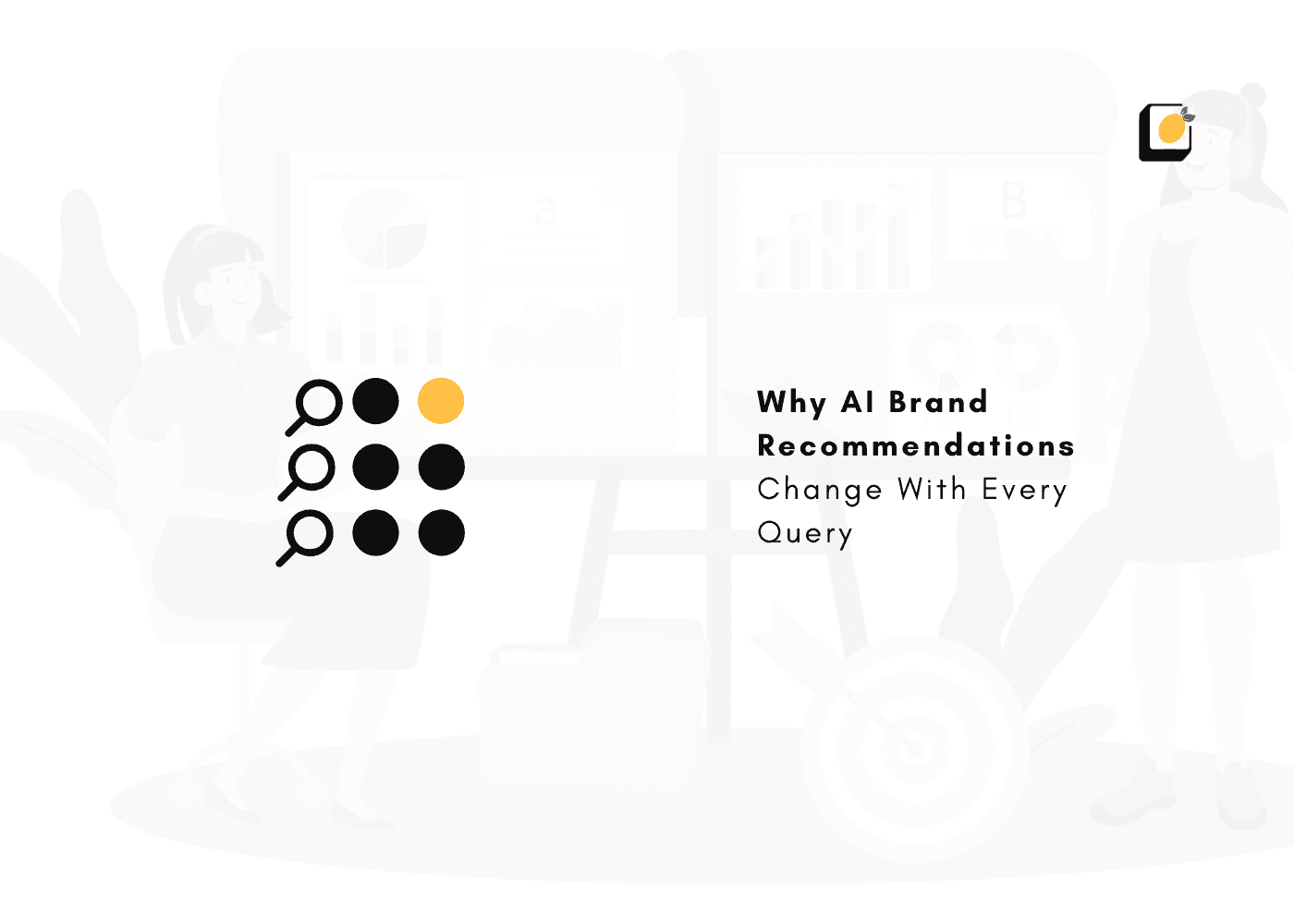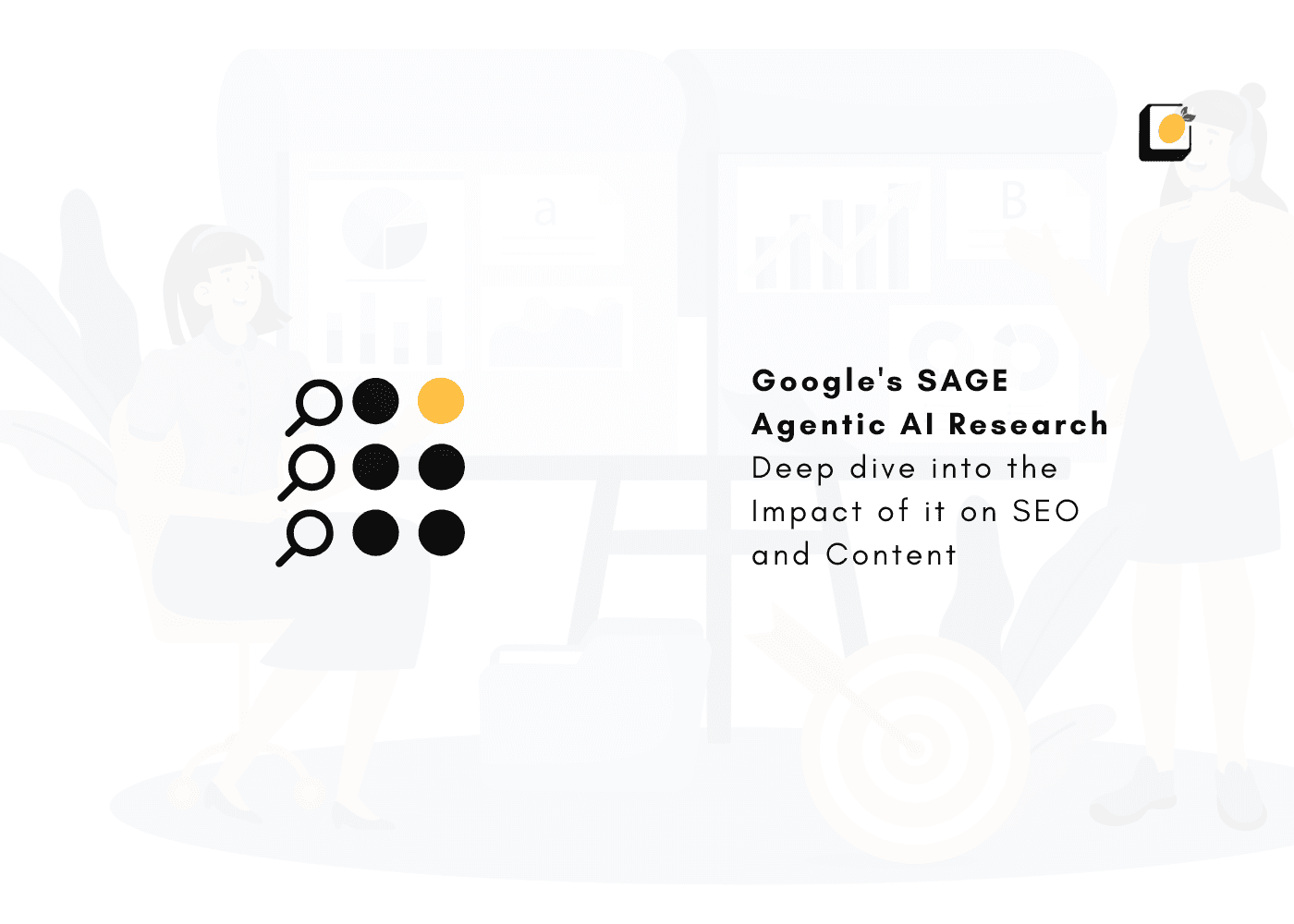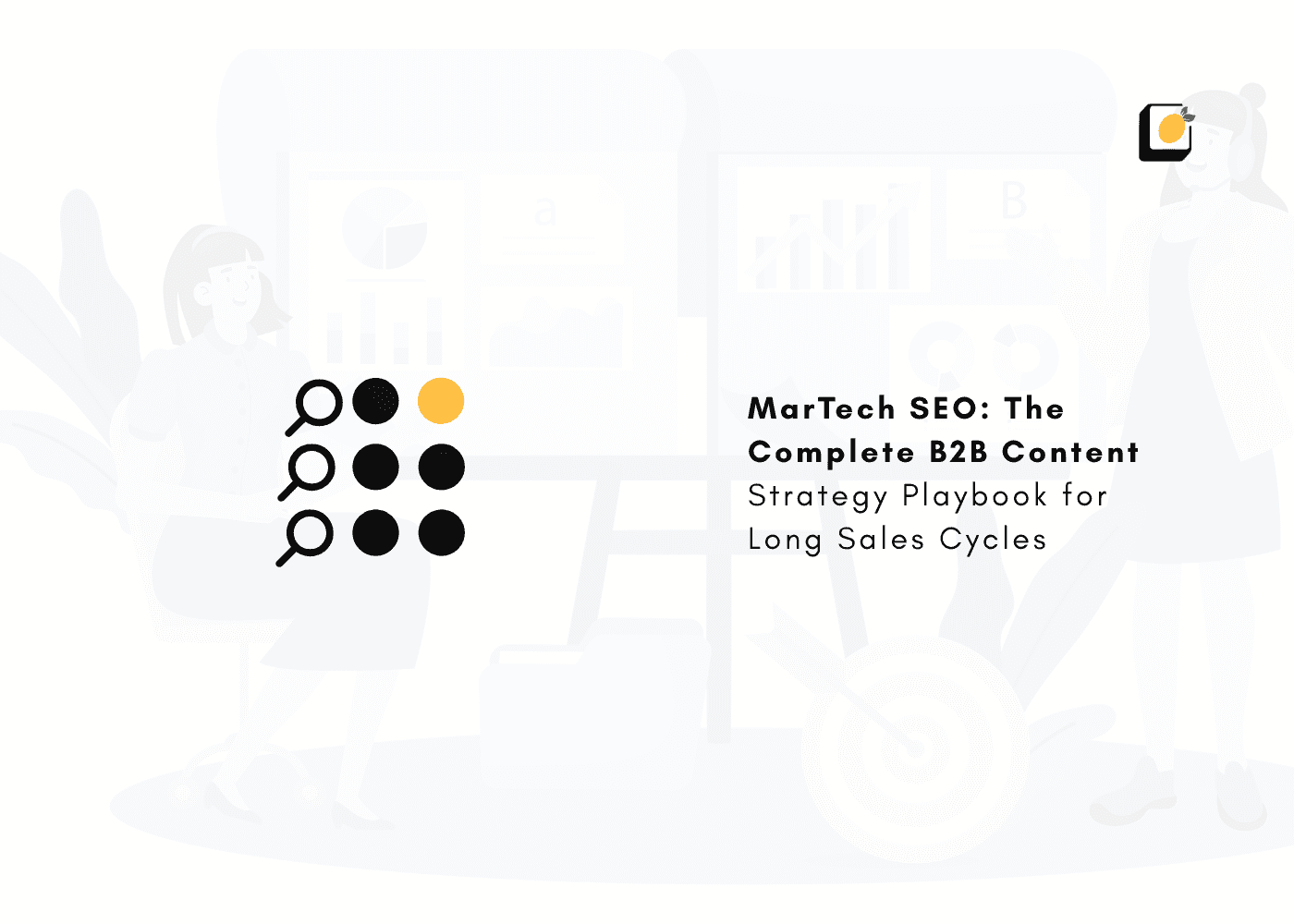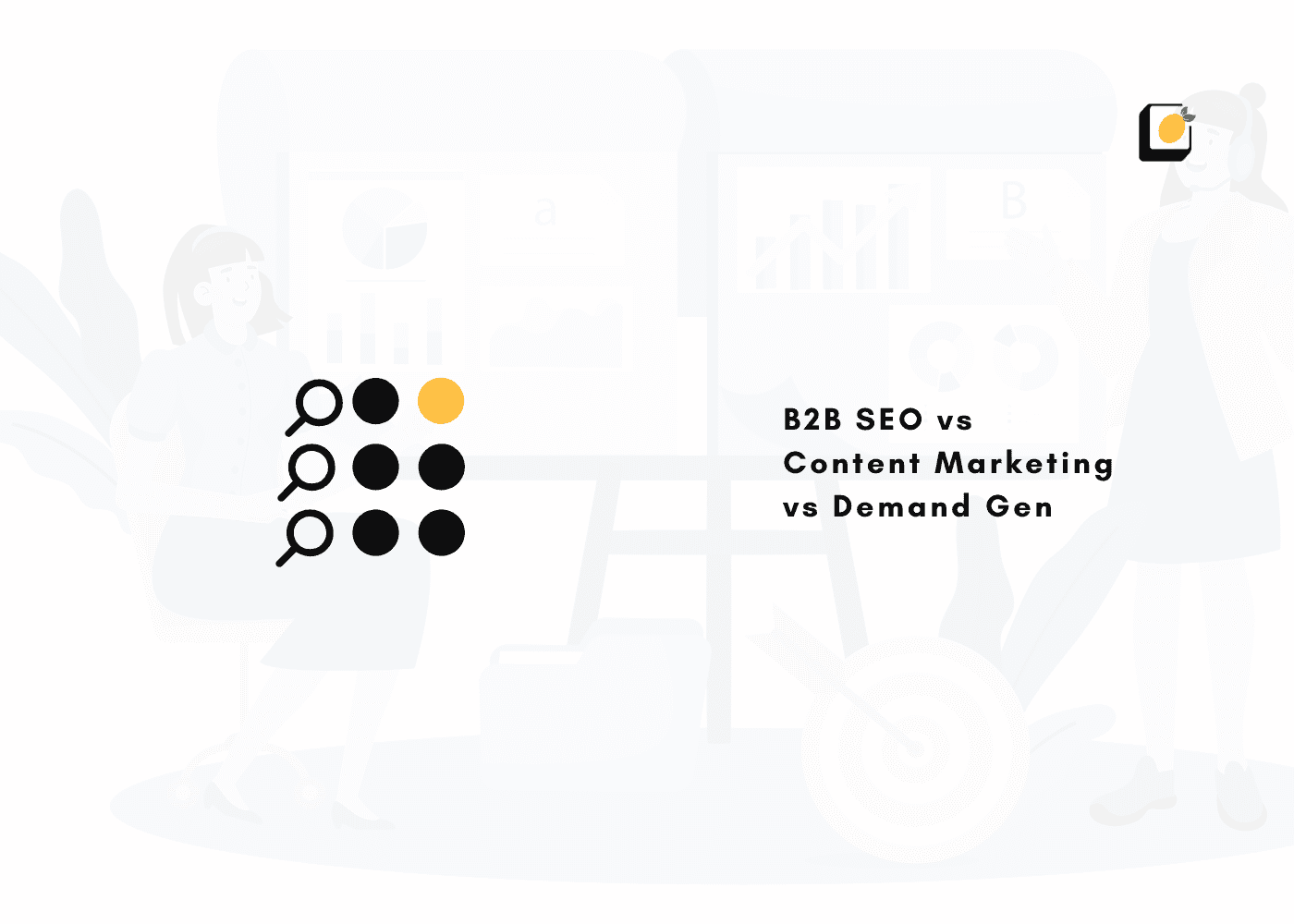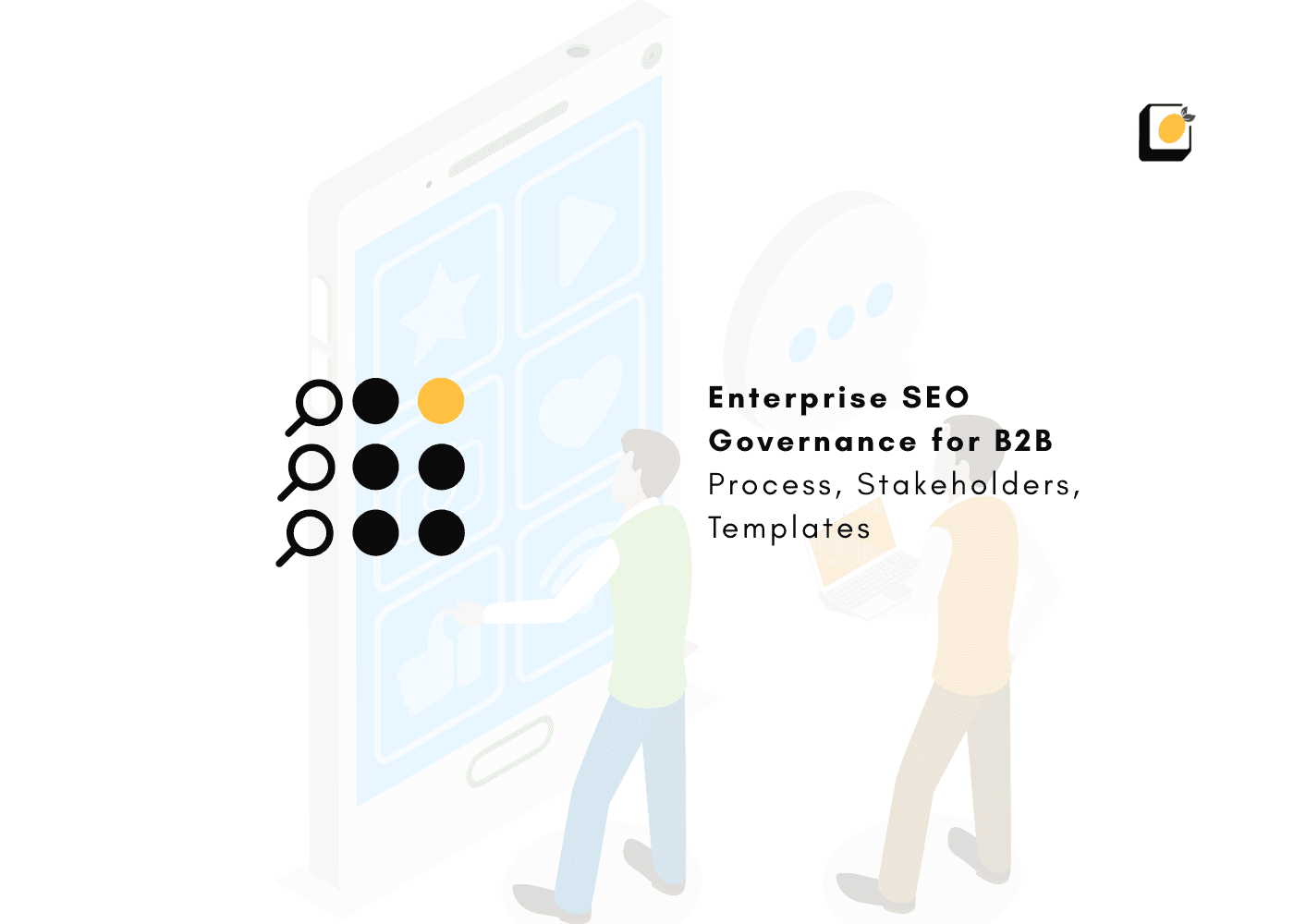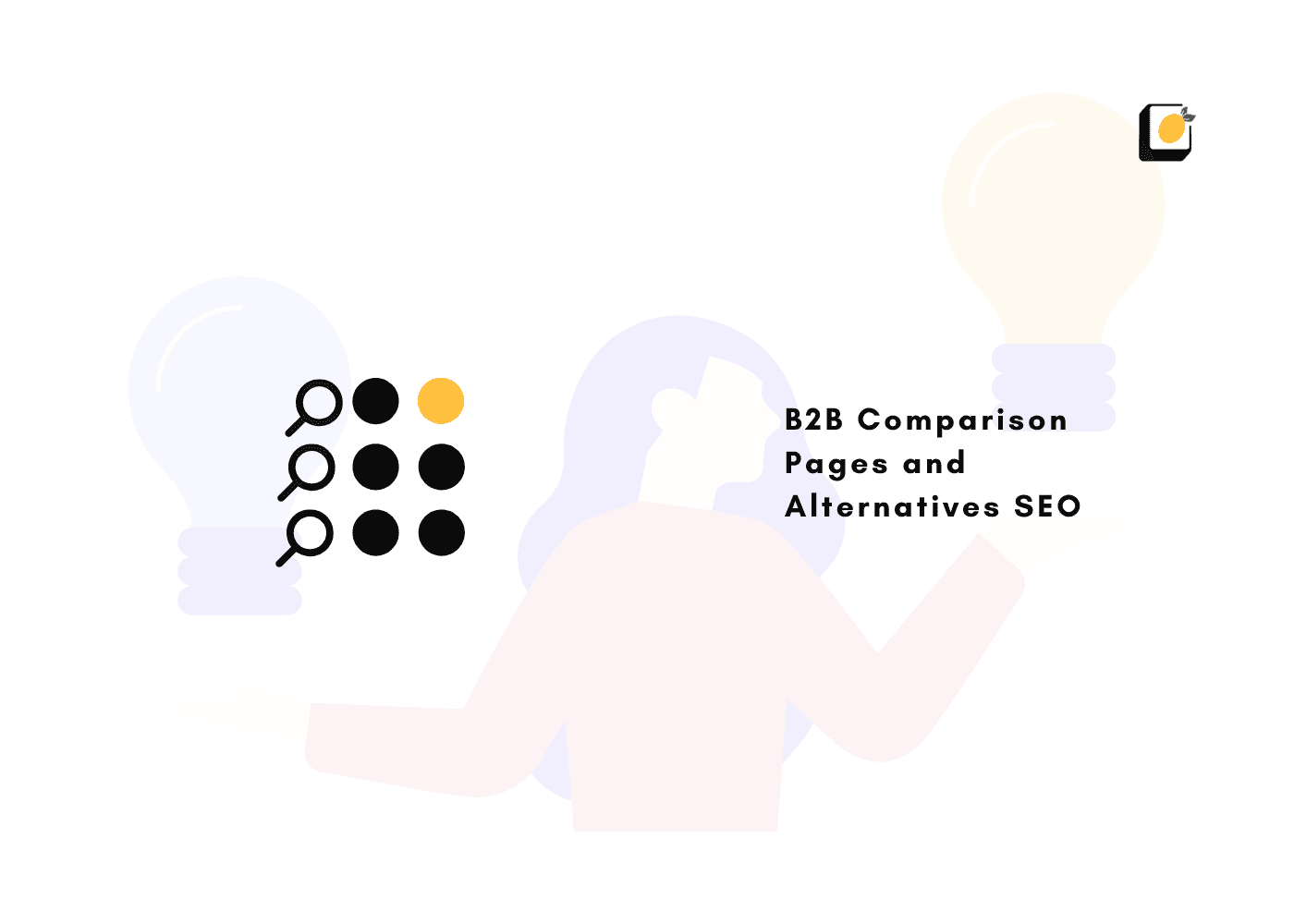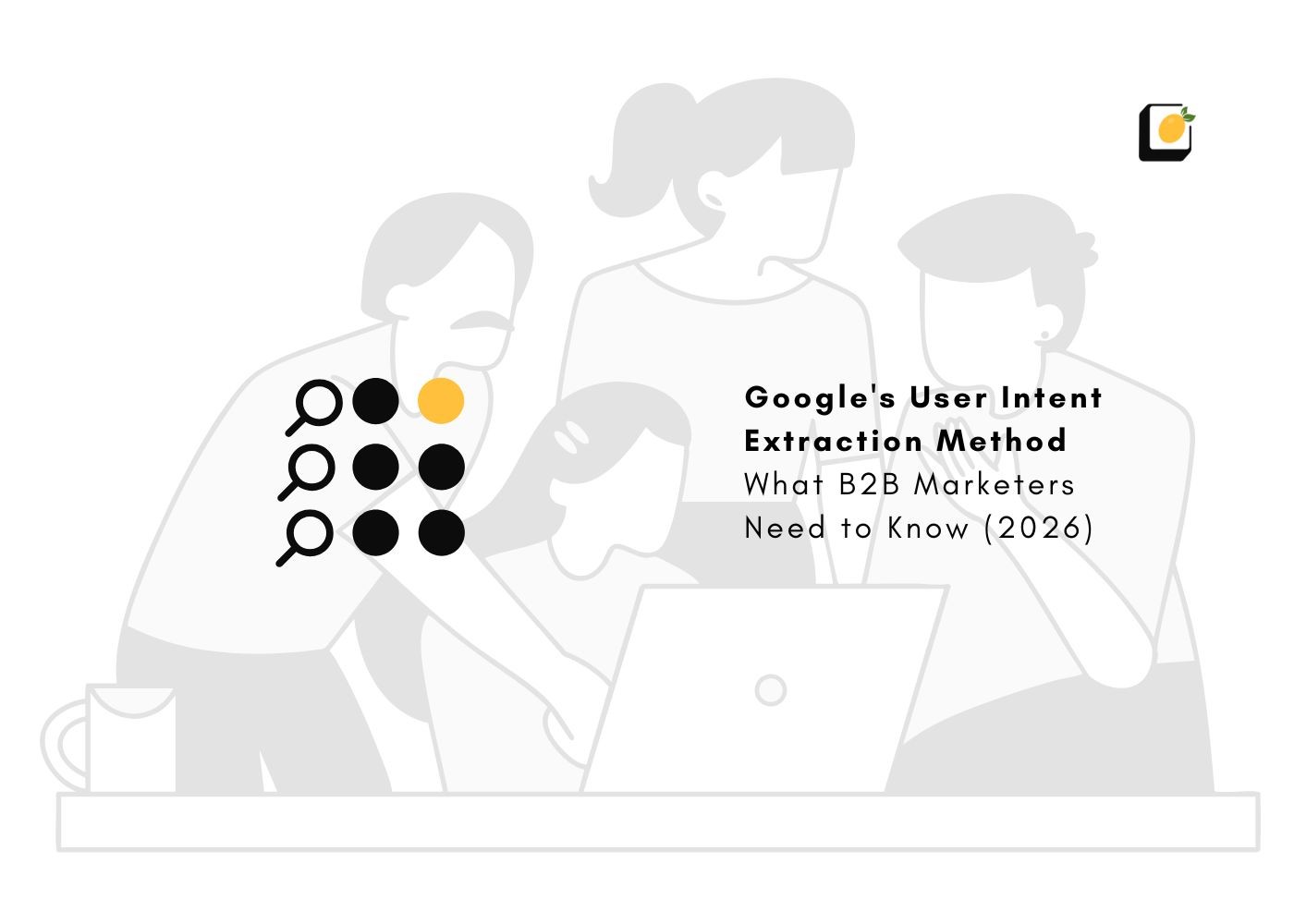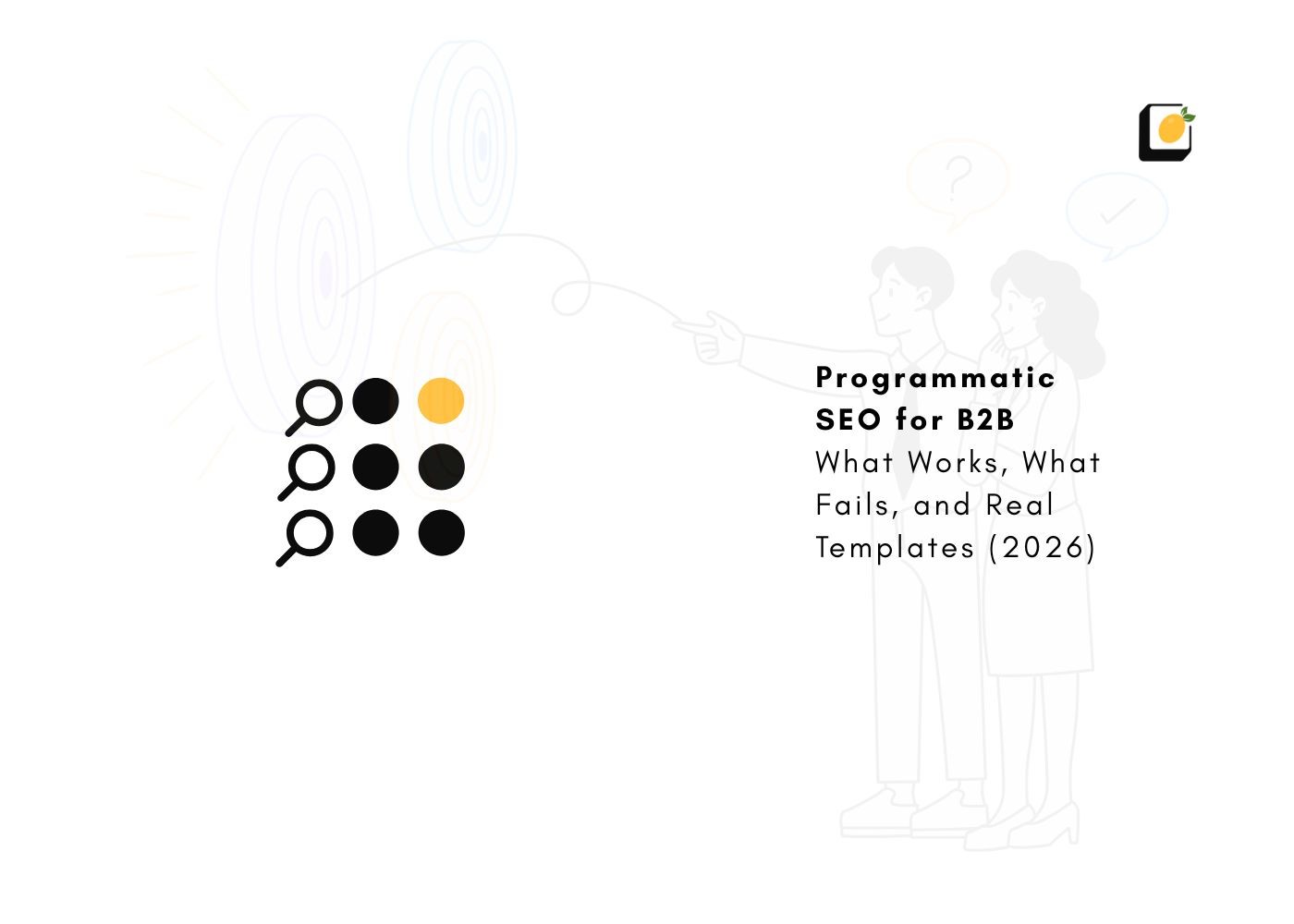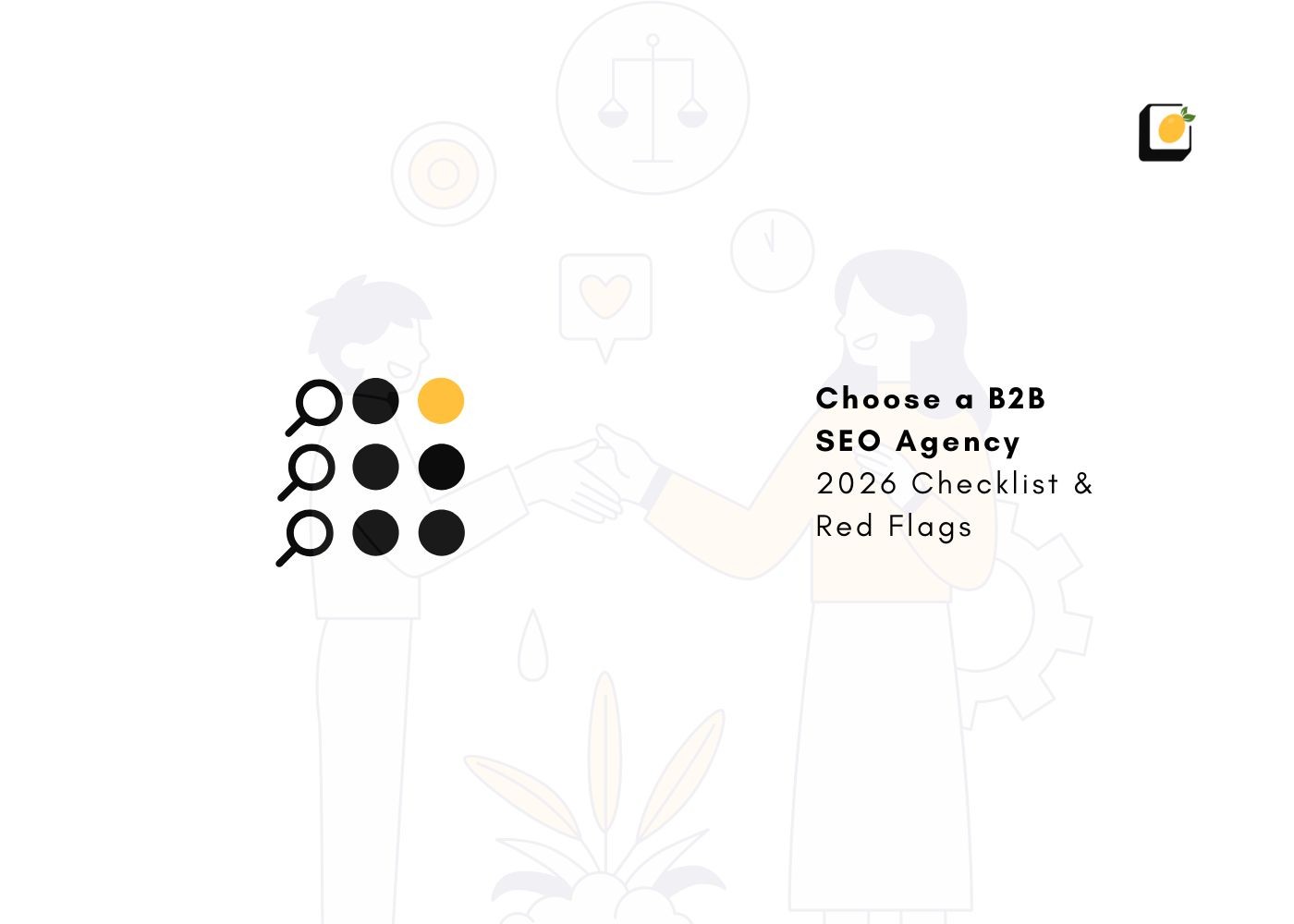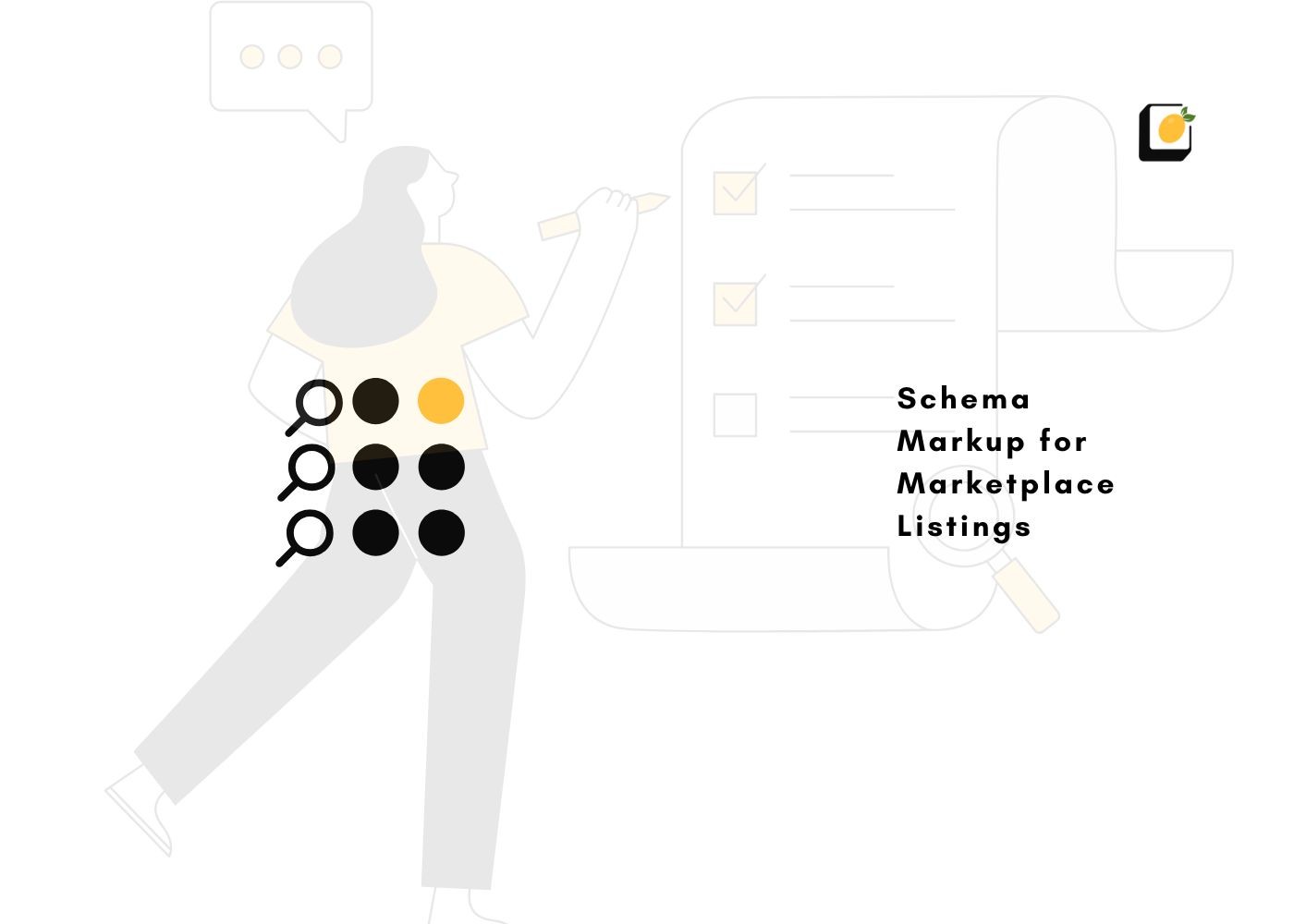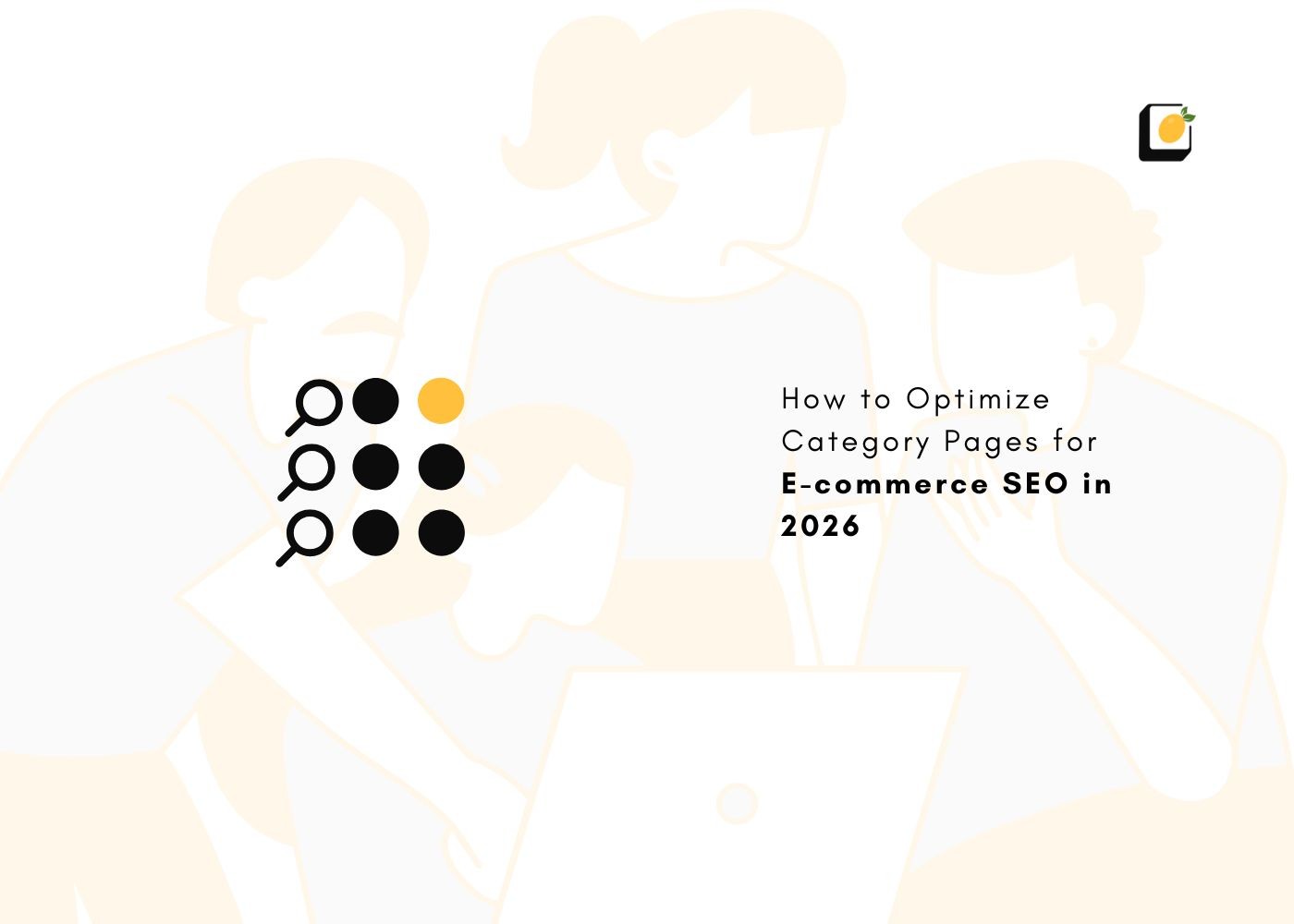Shopify SEO Services That Ship Results
August 14, 2025
Join 500+ brands growing with Passionfruit!
Key Takeaways
For Shopify teams who need to move beyond basic SEO and drive meaningful revenue, these are the critical points to focus on:
Shopify SEO is a Specialization: Generic SEO advice fails on Shopify. Success requires deep expertise in the platform's unique architecture, including collection page optimization, duplicate content pitfalls, and app performance management.
The Future is AI-Driven Commerce: To win in 2025 and beyond, your store must be optimized for AI. Implementing the Model Context Protocol (MCP) is no longer optional—it's the most direct path to ensuring your products are understood and recommended by AI shopping assistants.
Strategy Trumps Tactics: A checklist of tasks is not a strategy. A true Shopify SEO service delivers a comprehensive plan that integrates technical optimization, commercial keyword strategy, and authority building, all tied directly to your business goals.
Results Have a Timeline: Meaningful SEO results are not instantaneous. A well-executed strategy requires a 6+ month commitment to see significant, sustainable growth in organic traffic and revenue. Look for a partner who provides transparent timelines and reporting.
For ambitious e-commerce brands, Shopify is the engine of growth. But getting that engine to perform at peak capacity requires more than just great products—it demands visibility. Standard SEO advice often falls short because it wasn't built for the unique architecture of e-commerce. You need Shopify SEO services that understand the platform's nuances, from collection page hierarchy to the scripts that can drag down your site speed.
Modern Shopify teams don't want vague promises; they want an opinionated strategy that ships results. They need a partner who can not only navigate the complexities of Shopify SEO today but also prepare their store for the AI-driven commerce of tomorrow. This guide breaks down the full scope of services, realistic timelines, and the automated workflows—including the game-changing Model Context Protocol (MCP)—that actually drive revenue.
What Makes Shopify SEO Different?
Optimizing a Shopify store isn't the same as optimizing a blog or a corporate website. The platform has its own rules, advantages, and challenges that require a specialized approach.
Shopify SEO vs. Traditional SEO Approaches
While the fundamentals of SEO remain, their application on Shopify is highly specific. Traditional SEO might prioritize long-form blog content to attract informational queries. Shopify SEO, however, is laser-focused on the commercial user journey. The most valuable real estate includes product pages, collection pages, and brand pages. The goal is to capture users with high purchase intent, making a deep understanding of e-commerce SEO principles non-negotiable.
Common SEO Challenges on Shopify Stores
A specialized Shopify SEO expert knows how to navigate the platform's common pitfalls. These often include:
Duplicate Content: Automatically generated URLs for product variants and tag-based collection pages can create duplicate content issues that dilute ranking signals.
Forced URL Structure: Shopify's rigid URL structure (e.g., /collections/ and /products/) offers limited customization, requiring creative solutions for site architecture.
App Overload: While powerful, third-party apps can add heavy scripts that slow down your site, negatively impacting Core Web Vitals and user experience.
Thin Content: It's challenging to create unique, compelling content for hundreds or thousands of product pages, yet it's essential for ranking.
Full Scope of Shopify SEO Optimization
A comprehensive Shopify SEO optimization strategy is a multi-faceted effort that integrates technical precision with creative content and strategic foresight.
On-Page and Technical Shopify SEO
This is the foundation. It involves optimizing every element on your site for both search engines and users. Key technical services include:
Schema Markup: Implementing advanced e-commerce schemas to help search engines understand your products, pricing, and availability, which can lead to rich snippets in search results.
Site Speed Optimization: Analyzing and mitigating the impact of apps, large images, and inefficient code by minifying CSS and JavaScript.
Crawl Budget Management: Ensuring search engine bots can efficiently crawl and index your most important pages without getting lost in low-value URLs.
URL Optimization: Creating SEO-friendly URLs and implementing a clean internal linking structure.
Shopify Keyword Research and Content Strategy
Effective Shopify keyword research goes beyond targeting high-volume terms. The strategy involves:
Mapping Intent: Assigning transactional keywords ("buy red running shoes") to product and collection pages, and informational keywords ("best shoes for marathon training") to supporting blog content.
Content Gap Analysis: Identifying the queries your competitors rank for that you don't, creating a roadmap for new content that captures market share.
Collection Page Optimization: Treating collection pages as powerful landing pages, optimizing them for broad category terms that attract top-of-funnel shoppers.
For a deeper dive, our CMO's guide to finding the best SEO keywords provides an actionable framework.
Shopify SEO Checklist for Success
While every store is unique, a successful engagement always includes these core elements:
A thorough technical audit and remediation plan.
In-depth keyword research mapped to your site architecture.
Optimization of all product and collection page titles, descriptions, and headers.
Image optimization and alt text implementation.
Advanced schema markup for products, reviews, and FAQs.
A content strategy to build topical authority.
Ongoing performance monitoring and reporting.
How Shopify SEO Agencies Deliver Results
The right Shopify SEO agency combines proven strategies with the best tools and deep platform expertise to create a system for sustainable growth.
Proven Shopify SEO Strategies
Beyond the basics, effective strategies include:
Building Topical Authority: Creating clusters of content around your core product categories to signal to Google that you are an expert in your niche.
Optimizing for SERP Features: Actively targeting opportunities to appear in SERP features like People Also Ask, image packs, and shopping results.
Digital PR & Link Building: Securing high-quality backlinks from relevant publications to boost your store's authority and trustworthiness.
Essential Shopify SEO Tools and Apps
A top-tier Shopify SEO company leverages a mix of industry-standard platforms and Shopify-specific apps. While tools like Semrush and Ahrefs are essential for research and tracking, deep platform expertise means knowing the best apps for image compression, schema automation, and creating redirects without slowing down your store.
The Role of a Shopify SEO Consultant
A Shopify SEO consultant acts as your strategic partner. They go beyond checklists to understand your business goals, your margins, and your customers. They translate raw data into actionable insights and ensure that every SEO task is aligned with the ultimate goal: driving profitable growth for your store.
Understanding the Shopify SEO Process & Timelines
One of the most common questions we get is, "How long will it take to see results?" The SEO process is a marathon, not a sprint, and transparent timelines are crucial.
Typical SEO Timelines for Shopify Stores
While every store is different, a typical engagement follows a predictable arc:
Month 1: Audit & Strategy. Deep dive into your site's technical health, content, and competitive landscape. Deliver a strategic roadmap.
Months 2-3: Foundational Fixes. Implement high-priority technical fixes, optimize core pages, and begin executing the content strategy. You may start to see early movement in rankings for long-tail keywords.
Months 4-6: Gaining Momentum. As new content is indexed and authority-building efforts take hold, you'll see a measurable increase in organic traffic and rankings for more competitive terms.
Months 6+: Growth & Iteration. At this stage, you should see significant SEO results. The focus shifts to expanding on what's working, targeting new product lines, and refining the strategy for continuous growth.
What to Expect From a Shopify SEO Audit
A proper SEO audit is more than a simple scan. It's a comprehensive diagnostic of your entire online presence, delivering a clear action plan that covers:
Technical SEO health (crawlability, indexability, site speed).
On-page optimization status for all key page templates.
Content gaps and opportunities versus your top competitors.
Backlink profile analysis.
Schema and structured data validation.
How Much Do Shopify SEO Services Cost?
The SEO cost for a Shopify store depends heavily on the size of your catalog, the competitiveness of your industry, and the scope of the engagement. Monthly retainers for a specialized Shopify SEO agency typically range from $3,000 to $15,000+.
Transparent Shopify SEO Pricing Explained
When evaluating SEO pricing, look for clarity. A trustworthy agency will break down the costs and tie them to specific deliverables. The price reflects the level of expertise, the resources dedicated to your account, and the technology used to accelerate results.
MCP Workflows for Shopify SEO Success
The future of e-commerce SEO is automation and preparing your product data for AI. This is where the Model Context Protocol (MCP) comes in. For Shopify teams who want a truly opinionated and forward-looking strategy, MCP is the answer.
Step-by-Step SEO Workflows for Shopify
MCP is a framework for structuring your product information so that AI models—like Shopify's own Merchant Co-pilot or Google's AI Overviews—can understand it perfectly. A modern SEO workflow for Shopify incorporates MCP by:
Auditing Product Data: Analyzing your existing product titles, descriptions, and attributes against MCP standards.
Enriching Context: Using AI tools to systematically enhance product descriptions with the specific, structured data that AI models need.
Automating Implementation: Building automated workflows using tools like n8n to apply these enhancements to new products as they're added to your store.
This approach transforms your store's search performance by making your products not just discoverable, but recommendable by AI. To learn more, explore our complete guide to MCP for Shopify SEO.
Measuring and Reporting Shopify SEO Results
With an MCP-driven strategy, success metrics evolve. In addition to tracking organic traffic and revenue, we measure:
AI Visibility: How often your products are cited or featured in AI-driven search results.
Conversion Rate from AI: Tracking sales that originate from AI shopping assistants and recommendation engines.
Data Quality Score: A proprietary metric that scores how well your product data is structured for AI consumption.
Real Shopify SEO Case Studies & Outcomes
Talk is cheap. The ultimate proof of a strategy's effectiveness is in the results.
Elements of a Great Shopify SEO Case Study
When reviewing SEO case studies, look for these five essential elements:
The Client: A clear profile of the business and its industry.
The Problem: A specific, data-backed challenge the client was facing.
The Solution: A detailed breakdown of the strategies and tactics implemented.
The Results: Quantifiable metrics showing the impact (e.g., "+150% in organic revenue," "-0.5s in page load time").
The Timeline: The time it took to achieve those results.
Types of Shopify SEO Case Studies and What They Show
Different case studies highlight different areas of expertise. You might see a study focused on recovering from a Google penalty, another showcasing explosive growth from a new content strategy, or one detailing how technical fixes unlocked a 2x increase in organic traffic.
Don't just take our word for it. See how we've helped real Shopify stores ship incredible results in our Shopify SEO case studies.
Frequently Asked Questions About Shopify SEO Services
Need Shopify SEO help? Here are answers to some common questions.
What do you mean by a timeline?
In an SEO context, a timeline is a projected schedule that outlines key phases of a project and estimates when you can expect to see certain results, such as technical improvements, ranking increases, and traffic growth.
What is an example of a real case study?
A real case study provides a detailed account of a project for a specific client. For example, it might detail how a Shopify jewelry store increased its organic revenue by 210% in 9 months by implementing a new content strategy and fixing critical technical SEO issues.
What are the four types of case studies?
While there are many ways to categorize them, four common types are:
Illustrative: Describes a situation to make a complex issue more understandable.
Exploratory: A preliminary analysis conducted before a larger investigation.
Cumulative: Compares findings from multiple past studies.
Critical Instance: Examines a unique situation to challenge a widely held belief or assumption.
What are the 5 essential elements of a great case study?
A great business case study must include a clear client profile, a well-defined problem statement, a detailed description of the solution or strategy, measurable results with real data, and ideally, a client testimonial.
Why Choose a Specialized Shopify SEO Company?
In a crowded market, specialization is a superpower. Choosing an agency that lives and breathes Shopify provides a distinct competitive advantage.
Benefits of Working With a Dedicated Shopify SEO Expert
A dedicated Shopify SEO expert brings invaluable platform-specific knowledge. They understand the Liquid templating language, know which apps to recommend (and which to avoid), and can implement advanced strategies like MCP without needing to learn the platform on your dime. This expertise translates to faster, more effective results.
Comparing Shopify SEO Agencies and Companies
Many generalist agencies offer SEO services for Shopify. However, a specialized Shopify SEO company is different. We are not just SEOs who work on Shopify; we are Shopify experts who use SEO to drive growth. We are fluent in the e-commerce-specific challenges and opportunities that define the platform, from optimizing for Shopify's AI integrations to preparing your store for the future of search.
Ready to implement an SEO strategy that understands the unique demands of Shopify and prepares you for the future of AI commerce?
Your Shopify SEO & MCP Readiness Checklist [Downloadable]
Use this checklist to perform a high-level audit of your store and to vet potential SEO partners. It's designed to highlight the critical points that actually move the needle for Shopify businesses.[Click Here to Download Your Printable Checklist](Or, copy the checklist below)
Phase 1: Foundational & Technical SEO Audit
Site Speed: Have you audited your Core Web Vitals? Are third-party apps slowing down your store?
Schema Markup: Is Product, Review, and FAQ schema correctly implemented across your store to enhance SERP features?
Duplicate Content: Have you used canonical tags or other methods to resolve duplicate content issues from product variants and tags?
Indexability: Are your key collection and product pages being properly crawled and indexed by Google?
Mobile Experience: Is your store's mobile user experience seamless from discovery to checkout?
Phase 2: Content & Commercial Intent
Keyword Mapping: Are your most valuable commercial keywords mapped to the correct product and collection pages?
Collection Page Optimization: Are your collection pages treated as strategic landing pages with unique, helpful content?
Product Page Content: Do your product descriptions go beyond the manufacturer's copy to answer customer questions and build trust?
Blog Strategy: Do you have a content strategy that builds topical authority and supports your commercial pages?
Phase 3: AI & Model Context Protocol (MCP) Readiness
Product Data Structure: Is your product data (titles, descriptions, attributes) structured and detailed enough for an AI to understand its context and use case?
MCP Audit: Have you performed an audit to see how your product data aligns with the Model Context Protocol framework?
Automation Workflow: Do you have a process to enrich and structure data for new products automatically?
Phase 4: Vetting a Shopify SEO Agency
Ask for Shopify-specific case studies with real revenue metrics, not just traffic graphs.
Ask about their experience with MCP and their workflow for implementing it.
Request a detailed technical audit of your store as part of their proposal.
Clarify their reporting process. Do they connect SEO performance to your business's bottom line?


